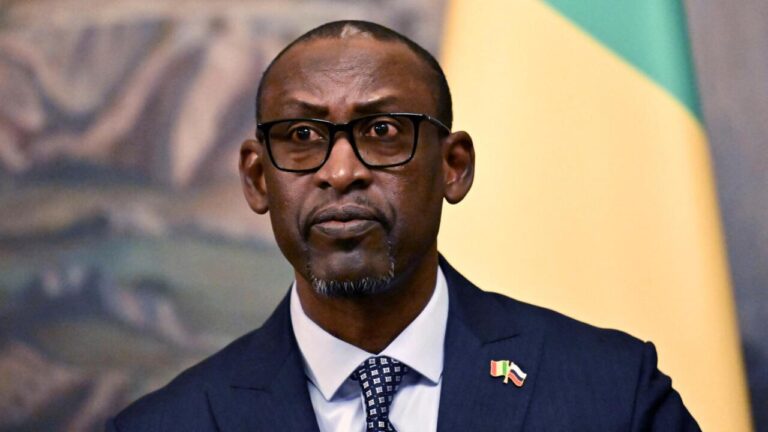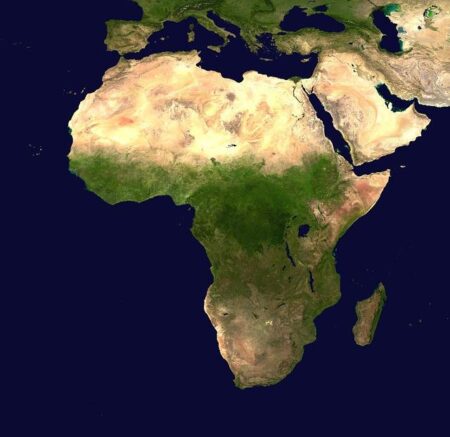Mali,Burkina Faso,Niger Foreign Ministers Head to Moscow for Strategic Talks
In a significant diplomatic advancement,the foreign ministers of Mali,Burkina Faso,and Niger are set to arrive in Moscow for a series of strategic discussions aimed at strengthening ties with Russia. This high-profile visit comes amid a backdrop of increasing geopolitical tensions and a shifting landscape in international relations within the Sahel region. The ministers are expected to explore various areas of cooperation,including security,economic partnerships,and regional stability. As these West African nations navigate their roles in a complex global context, the outcomes of their discussions in Russia could have profound implications for both local governance and international alliances, reflecting a growing trend of engagement with non-Western powers. News Central TV will provide comprehensive coverage of this pivotal meeting and its potential ramifications on the geopolitical map of the region.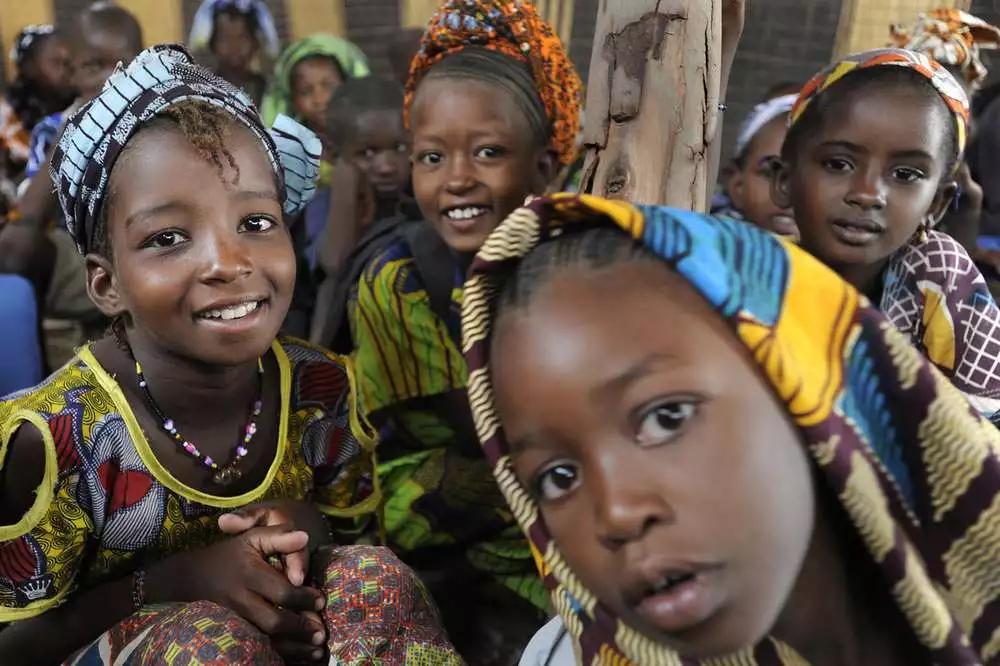
Mali, Burkina Faso, and Niger: A strategic Shift Towards Moscow
The recent diplomatic move by the foreign ministers of Mali, Burkina Faso, and Niger towards Moscow signifies a notable shift in the geopolitical landscape of West Africa. Amid rising security challenges and increasing dissatisfaction with Western military support, these nations appear to be seeking alternatives that align more closely with their national interests. The decision to engage with Russia reflects a broader trend where several African nations are exploring partnerships that promise military support, economic cooperation, and a resistance to perceived Western neocolonialism.
- military Cooperation: Discussions may center around potential arms deals and training programs to bolster local forces against insurgents.
- Economic Partnerships: Opportunities for joint ventures in sectors such as agriculture and mining may be a focus.
- political Support: These nations might seek diplomatic backing from Russia on international platforms.
furthermore, this visit underscores the growing influence of russia in Africa, fueled by its ancient ties and recent engagements. The ambiance in Moscow is likely symbolic of a newfound solidarity among countries that are often sidelined in international discourse. For Mali, burkina Faso, and Niger, redefining their alliances may not just be about immediate needs, but a strategic long-term vision that seeks to reshape their future away from conventional dependencies.
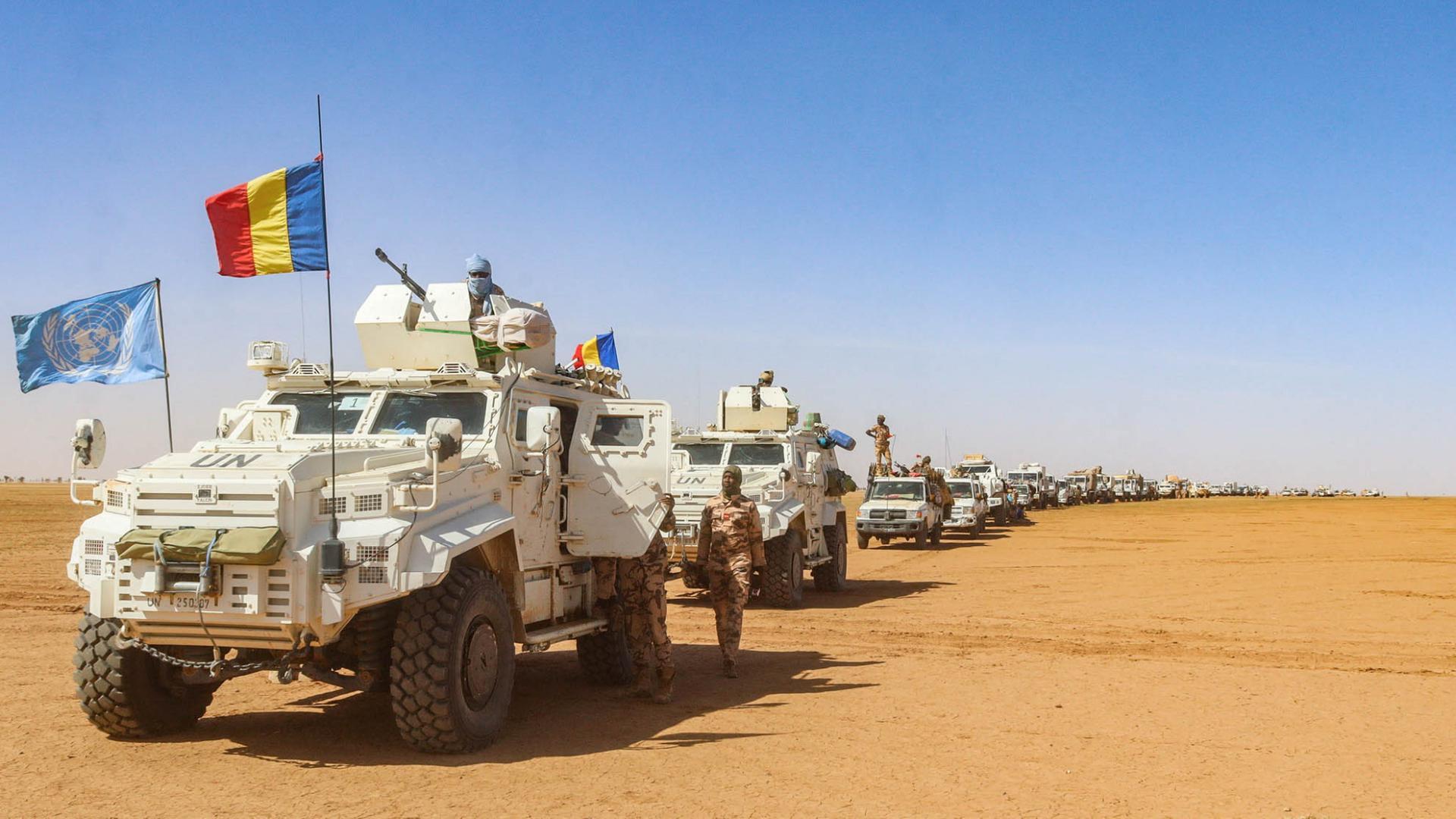
The Implications of West African Diplomacy on Global Politics
The recent visit of foreign ministers from Mali, Burkina Faso, and Niger to moscow marks a significant shift in West African diplomatic alignment and has profound implications for global politics. As these countries, united by their transitional governments, seek to forge new alliances, their pivot towards Russia suggests a growing discontent with Western interventionist policies. This diplomatic engagement with Moscow is not merely transactional; it reflects deeper geopolitical transformations that could influence regional stability and global power dynamics. The trio’s collective stance indicates a desire to diversify their international partnerships, emphasizing the need for military support and economic cooperation that they believe may have been neglected by Western nations.
Such developments can lead to a reconfiguration of international relations in Africa and beyond. By embracing Russian influence, West African nations are asserting their sovereignty and autonomy, which can have several key implications:
- Reduced Western Influence: This shift may challenge the long-standing dominance of Western powers in the region.
- Military alliances: Enhanced military cooperation with Russia could alter regional security dynamics.
- Resource Management: Partnerships with Russia may focus on natural resource exploitation, leading to potential economic benefits.
| Country | Current Leadership | Main objective in moscow |
|---|---|---|
| Mali | Transitional Government | Seek military support |
| Burkina Faso | Transitional Government | Enhance security cooperation |
| Niger | Transitional Government | Strengthen economic ties |
The implications of this diplomatic maneuver extend beyond immediate bilateral relations, perhaps reshaping the entire geopolitical landscape of West Africa. As these nations forge closer ties with Russia, the international community must closely monitor how this shift influences not only regional politics but also the broader narrative surrounding alliances and power structures on the global stage.
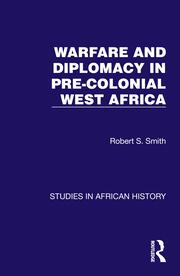
Energy, Security, and trade: Key Topics on the Agenda
The recent diplomatic visit of the foreign ministers from Mali, Burkina Faso, and Niger to Moscow signifies a pivotal moment in the region’s geopolitical landscape. At the forefront of their discussions are critical subjects such as energy cooperation, regional security frameworks, and trade partnerships aimed at enhancing economic resilience. These nations, facing multifaceted challenges, are exploring mutual interests that could transform their collective approach to energy resource management and joint security operations.
Key topics expected to be highlighted during these negotiations include:
- Energy Independence: Strategies for diversifying energy sources and reducing dependency on external suppliers.
- Security Collaboration: Strengthening military cooperation to combat terrorism and regional instability.
- Trade Agreements: Initiatives to boost inter-regional trade, enhancing access to markets and supply chains.
In light of these discussions, a potential framework is being considered to outline collaboration across several sectors:
| Sector | proposed Initiative | Expected Outcome |
|---|---|---|
| energy | joint renewable energy projects | Increased energy efficiency and lower costs |
| Security | Combined training programs for military personnel | Enhanced operational readiness and effectiveness |
| Trade | Establishment of a regional trade bloc | Boosted economic growth and trade volume |

Examining Russia’s Growing Influence in the Sahel Region
In a significant diplomatic maneuver,the foreign ministers of Mali,Burkina Faso,and Niger have embarked on a trip to Moscow,signaling a strategic pivot towards Russia in the politically volatile Sahel region. This journey comes amid rising security concerns and ongoing conflicts fueled by extremist groups. The Sahel, stretching across the African continent, has historically been a zone of interest for various global powers, but the recent shift towards the Kremlin reveals a changing tide in alliances. By forging closer ties with Russia, these nations aim to bolster their military capabilities and seek support in what they describe as an existential battle against terrorism and instability.
The discussions in Moscow are expected to cover a range of topics, including military cooperation, economic partnerships, and security assistance. The presence of Russian private military contractors,notably the Wagner Group,has already been documented in the region,raising questions about the implications of this influence. As these countries pivot away from traditional Western partnerships, the potential for Russia to expand its military and economic footprint in the Sahel warrants close observation. The outcomes of these talks may not only redefine relations between these nations and russia but could also alter the geopolitical dynamics of the entire region.

Recommendations for Strengthening West African Sovereignty through Foreign Relations
To enhance the sovereignty of West African nations like Mali, Burkina Faso, and Niger, it is crucial to forge strategic alliances that prioritize regional autonomy over dependence on traditional powers. By strengthening diplomatic ties with emerging global players, these nations can diversify their economic partnerships and reduce reliance on western countries. Potential avenues for nurturing sovereignty through foreign relations include:
- Engagement with Non-Traditional Partners: establishing stronger connections with countries like russia, China, and India can provide alternative sources of trade and investment.
- regional Economic Cooperation: Encouraging intra-African trade initiatives to bolster market access and sustainable development, thus reducing the continent’s economic vulnerability.
- Security Alliances: Collaborating on regional security measures can help combat terrorism and insurgency without foreign military intervention.
moreover, enhancing diplomatic dialogues to focus on mutual interests could foster a cooperative framework that prioritizes West African goals. Establishing forums and summits to deliberate on pressing issues, including climate change, resource management, and sustainable development, is imperative. The following table illustrates the potential benefits of such a diplomatic approach:
| diplomatic Approach | Potential Benefits |
|---|---|
| Strengthening Bilateral Relations | Enhanced trade opportunities and cultural exchange. |
| Participating in Multilateral Organizations | Collective bargaining power and shared resources. |
| Hosting International Conferences | Showcase regional interests and attract foreign investment. |
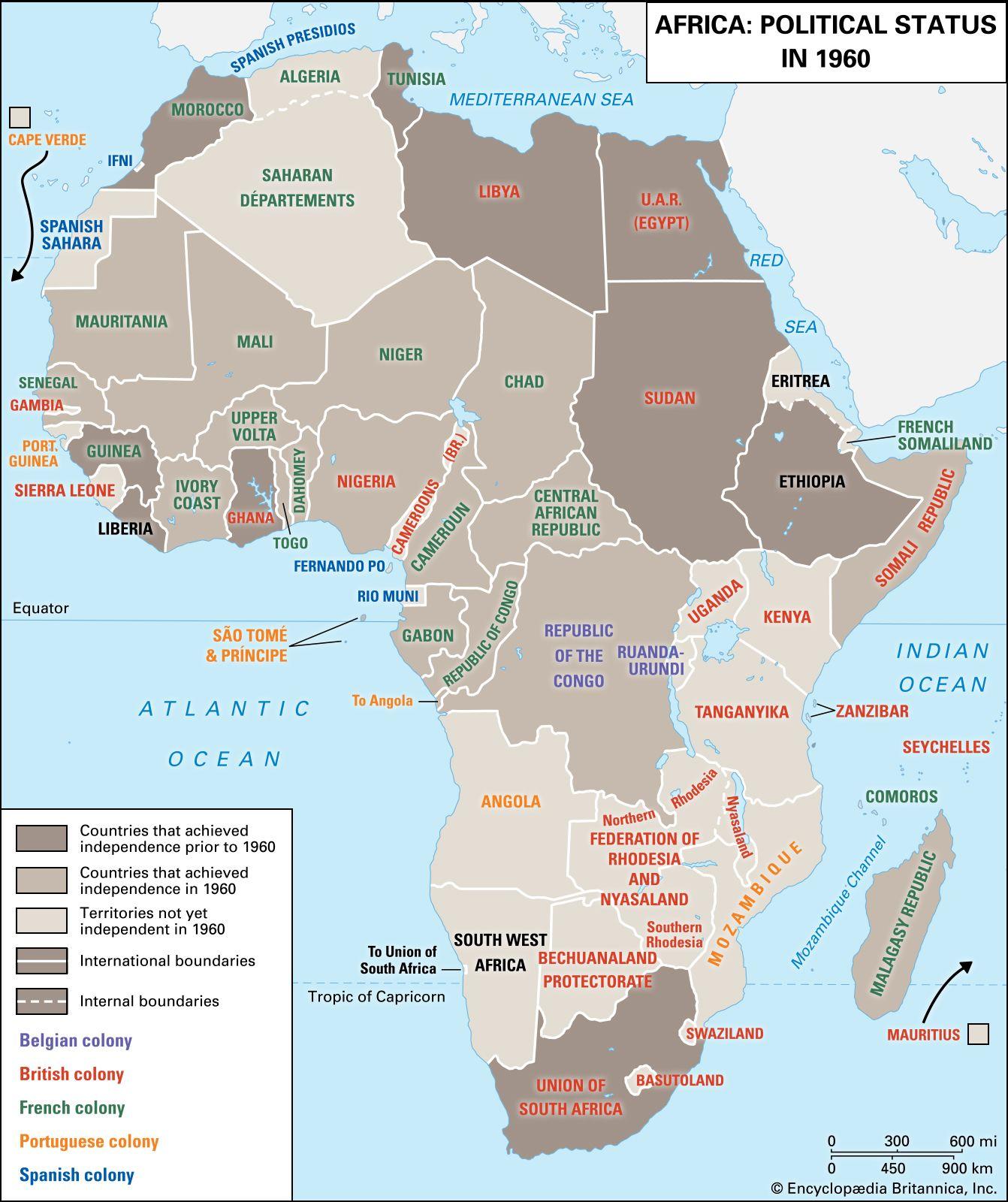
The Future of West African Alliances: Opportunities and Challenges
The recent diplomatic mission by the foreign ministers of Mali, Burkina Faso, and Niger to Moscow signals a transformative phase for West African alliances amid evolving geopolitical dynamics. This visit comes in the wake of increasing regional instability and a quest for partnerships that can offer security and economic support.The three nations, facing common threats from insurgent groups and the overarching challenge of political instability, are exploring alliances that may pivot away from traditional Western partnerships toward more diversified international relationships.The implications of this shift could be profound, as the countries aim to strengthen their positions in the face of external pressures.
As these nations seek to forge new alliances, they encounter both opportunities and challenges that could shape their futures. Among the opportunities are:
- Enhanced Security Cooperation: Collaborative efforts in counter-terrorism and intelligence sharing.
- Economic Partnerships: Access to new markets and investment opportunities beyond Western powers.
- Cultural Exchange: Strengthened ties that may lead to cultural and educational benefits.
However, significant challenges remain, including:
- Geopolitical Rivalries: Maneuvering amid the interests of global powers like Russia, the U.S., and the EU.
- Internal Governance Issues: Addressing domestic unrest and building stable governance to attract foreign partners.
- Public Perception: Balancing regional sentiments regarding alliances with non-Western nations.
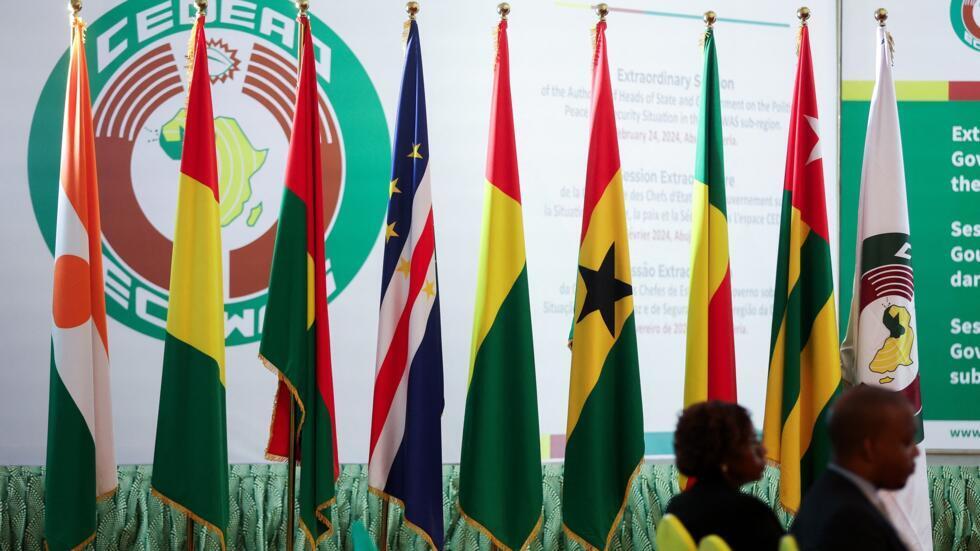
Closing Remarks
As the foreign ministers of Mali, Burkina Faso, and Niger embark on their diplomatic mission to Moscow, their visit underscores the shifting dynamics of international relations in West Africa. This high-level engagement reflects the nations’ quest to foster strategic partnerships as they navigate growing challenges, including security concerns and economic pressures. As these ministers seek to strengthen ties with Russia, the implications of such alliances could reverberate across the region, reshaping geopolitical landscapes and influencing both domestic and foreign policies. News Central TV will continue to monitor the outcomes of this visit and its potential impact on West African politics. Stay tuned for further updates as this story unfolds.

